Category: articles
-
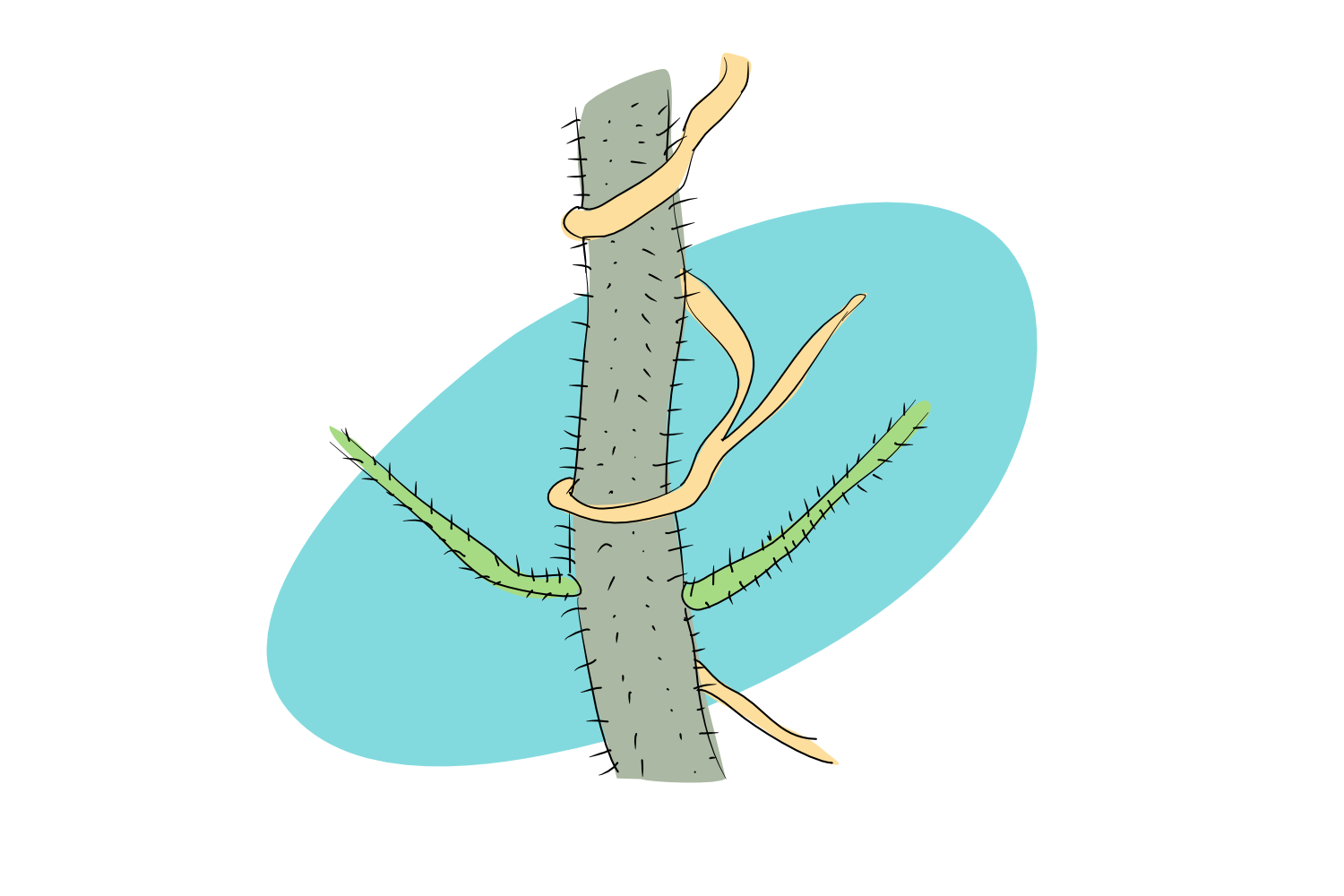
Getting a new pair of genes
Evolutionary progress requires genetic material to build on- building blocks that can be shaped and changed with time and selective pressure. Plants are especially good at copy-pasting large chunks of their own DNA or even entire chromosomes, and then altering them, slowly but surely, to make new functional genes.
Sometimes however, they get fresh material from the outside.
Let’s talk about horizontal gene transfer: nature’s own way of creating GMOs.… Read more
-

One hungry caterpillar, and the communication of vibrations.
Plants are great listeners. Your average houseplant will happily spend hours hearing about your daily troubles, and won’t bat an eye if you sing Brittney’s ‘Toxic’ out of key for the best part of an hour. Out in the wild, this ‘listening’ has a more practical side- plants listen, by feeling sound vibrations on their leaves, for signs of attack. And when they hear the angry munchings of a hungry caterpillar, they prepare to fight for their lives!… Read more
-

The grass is greenest on the inside
Sometimes, the world doesn’t seem to work in your favour. Your co-worker’s experiment works on the first try, everyone finds a seat on the train but you, and your lawn can’t really compete with your neighbour’s. Today we’re looking at whether the grass really is greener on the other side, a journey that takes us deep into the centre of the leaf.… Read more
-
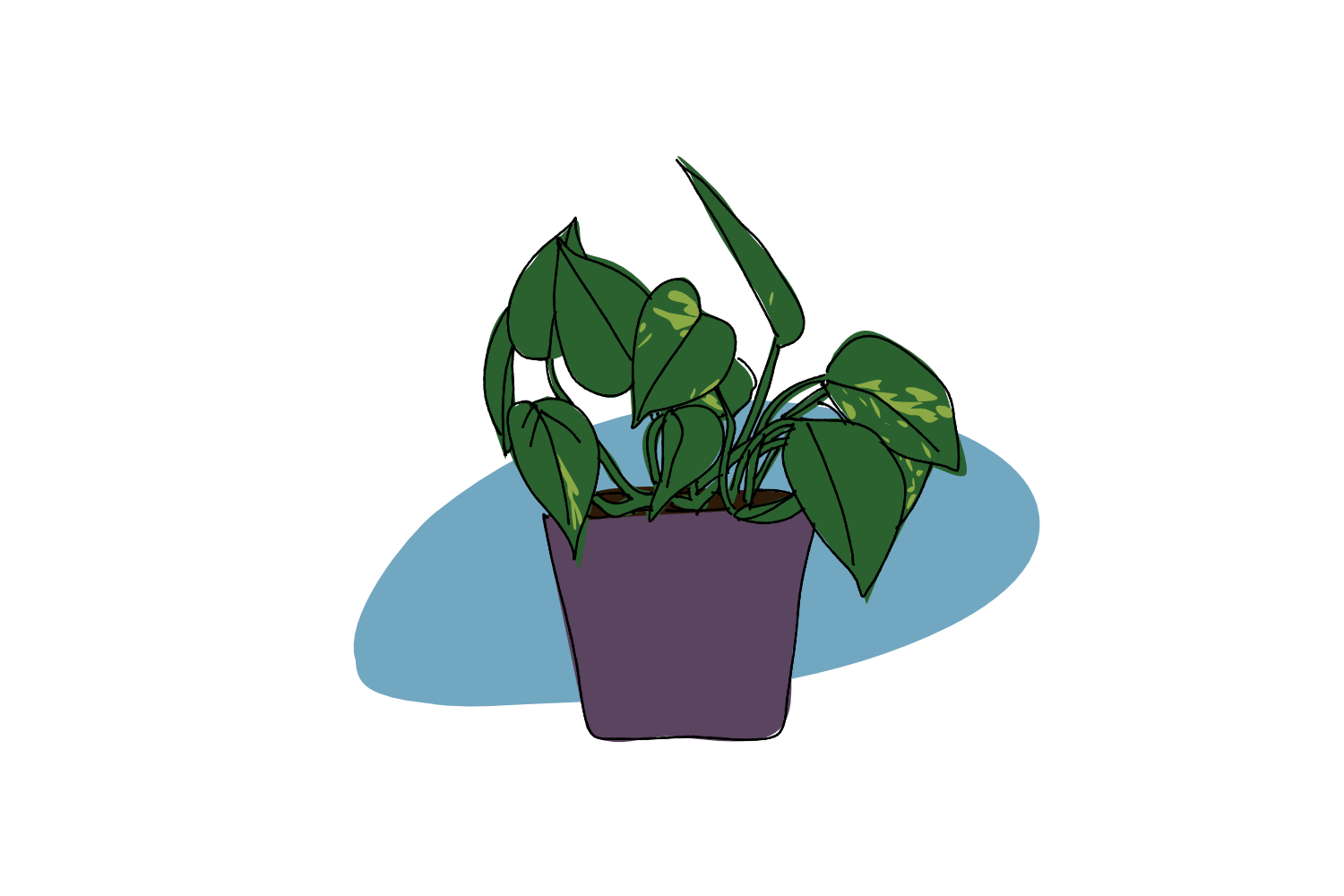
GMOnstera? Would you keep a GMO houseplant?*
*If it actually helped reduce air pollutants?
There’s a lot of talk on the internet about the ability of certain houseplants to clean ‘toxins’ out of the air. Take a deep dive into Pinterest, and you’ll see hundreds of pictures suggesting the best ‘pollutant purifier plants’. Unfortunately, so far, the scientific evidence for our chlorophyllous friends actually cleaning is pretty scant. But what if plants could be genetically modified to improve them in this manner?… Read more
-
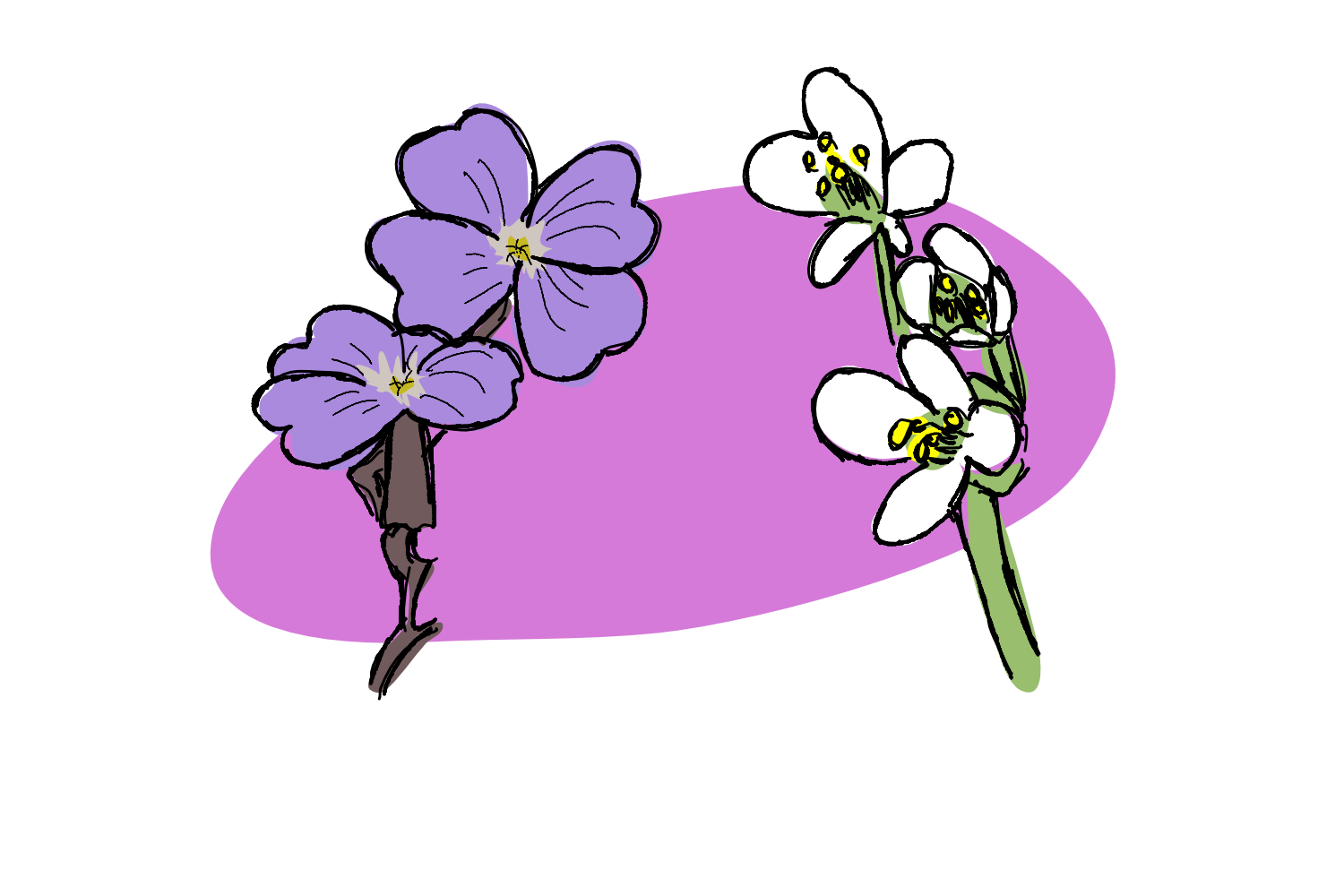
Your name is not on the list
Plants can’t really choose whose pollen they get covered with. All kinds of pollinators bring all kinds of pollen to the party. And with it they bring the burden, to the plant, of figuring out which pollen to allow in and which to send away. But as it turns out, plants know just which molecular bouncers to use, to keep the party going.… Read more
-
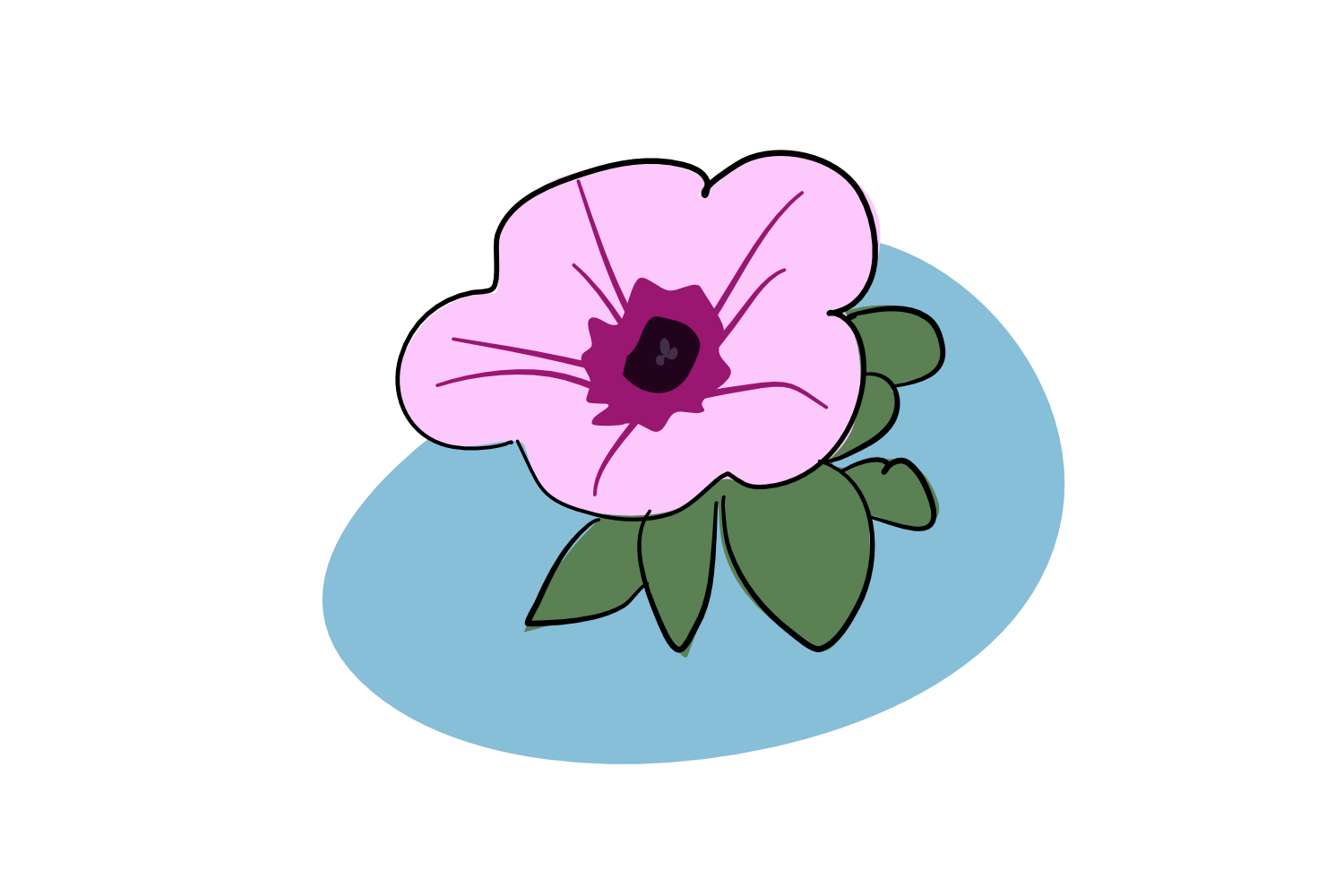
Fumigation communication
A.k.a, How gassy flowers create fumes as a way of talking to themselves.… Read more
-

This single celled algae is bigger than you think
What is the biggest single celled organism out there? And how large is it exactly? Today, we have a contestant for the biggest single celled photosynthetic organism out there. Can you guess what it is?… Read more
-
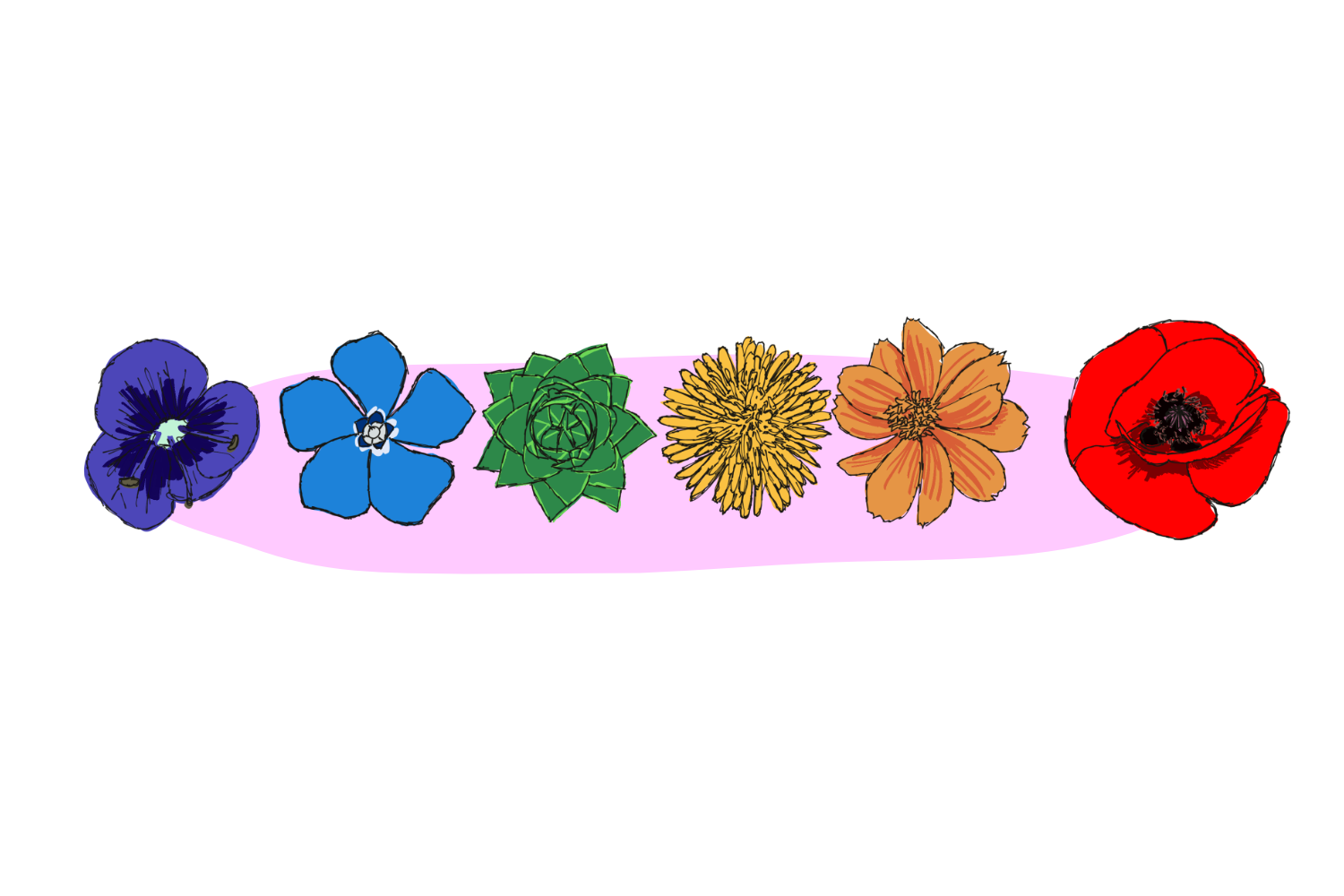
LGBT+ STEM
Here’s the thing. Love is love. Diversity is essential. Science should be free of bullshit.… Read more
-
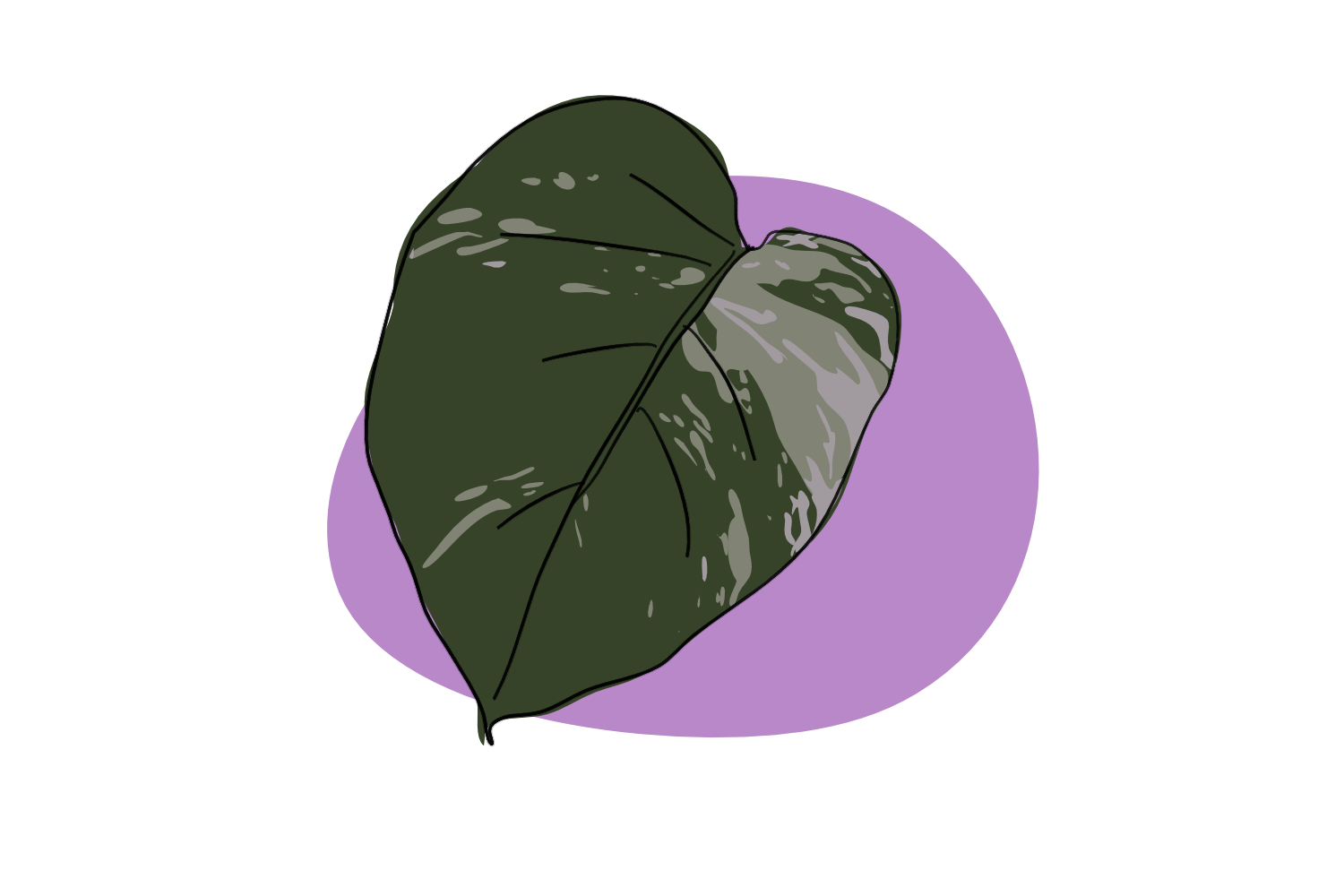
Variegated plants mix it up
Most people use instagram to follow celebs and look at highly staged photos of people enjoying their morning cup of cold brew on top of mountain in their underwear at sunset. Us plant nerds, however, like to look at plants.
And if you’re anything like us, you might have noticed a trend – marbled monstera plants, fancy ficuses with white borders, and pale or patterned philodendrons. These diverse beauties are out to show that being different from the other plants only makes them more fascinating.… Read more
-
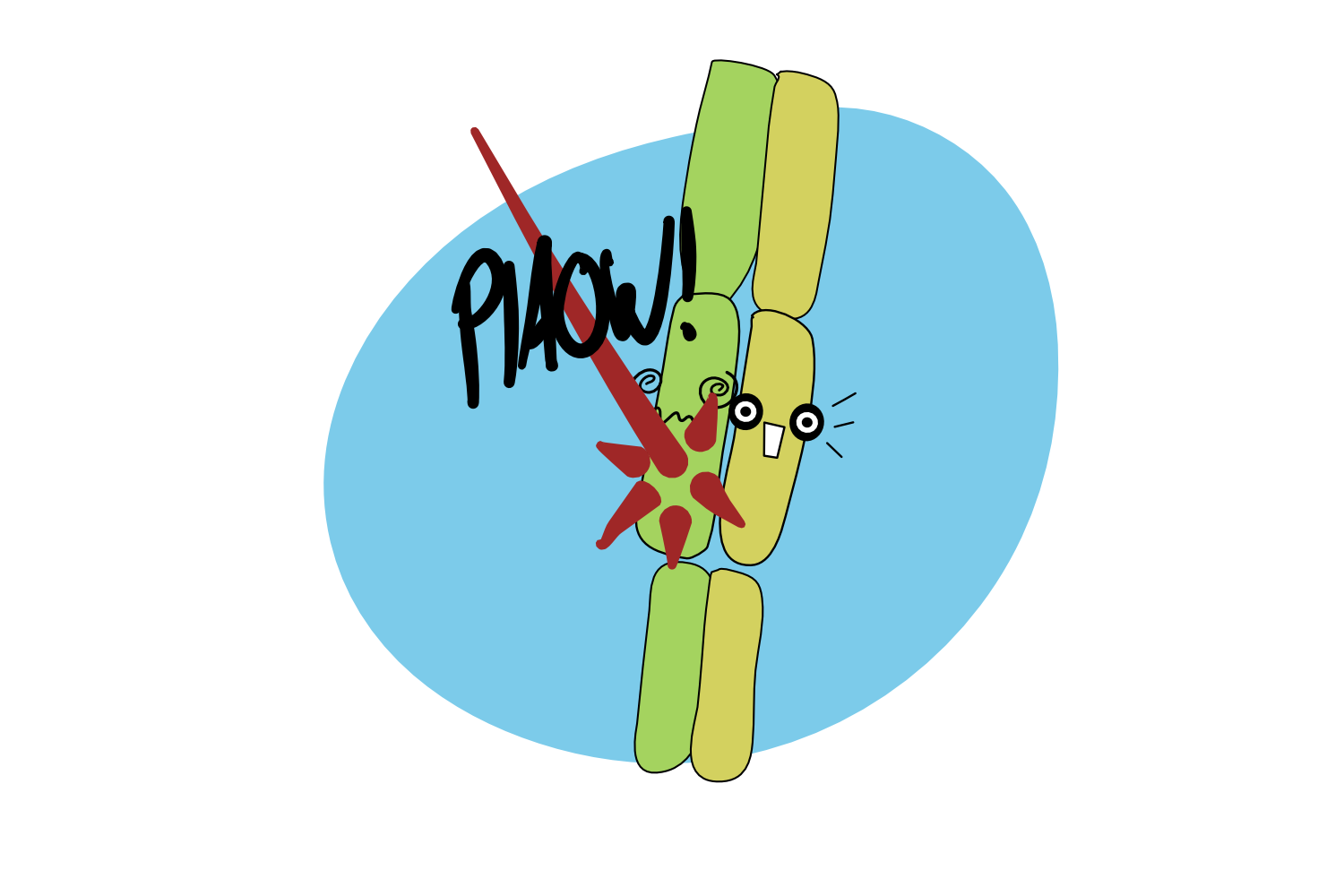
Plants v. lasers: remarkable root regeneration
Plants are better than you.
They’re better at fixing carbon (hello photosynthesis). They’re better at attracting bees. They’re generally just a whole lot prettier than you, even this guy And, relevant for today’s post, they’re better than you at surviving laser attacks… providing that the lasers only damage a few cells at a time, and the plants get given a somewhat long time to recover between each shot.… Read more